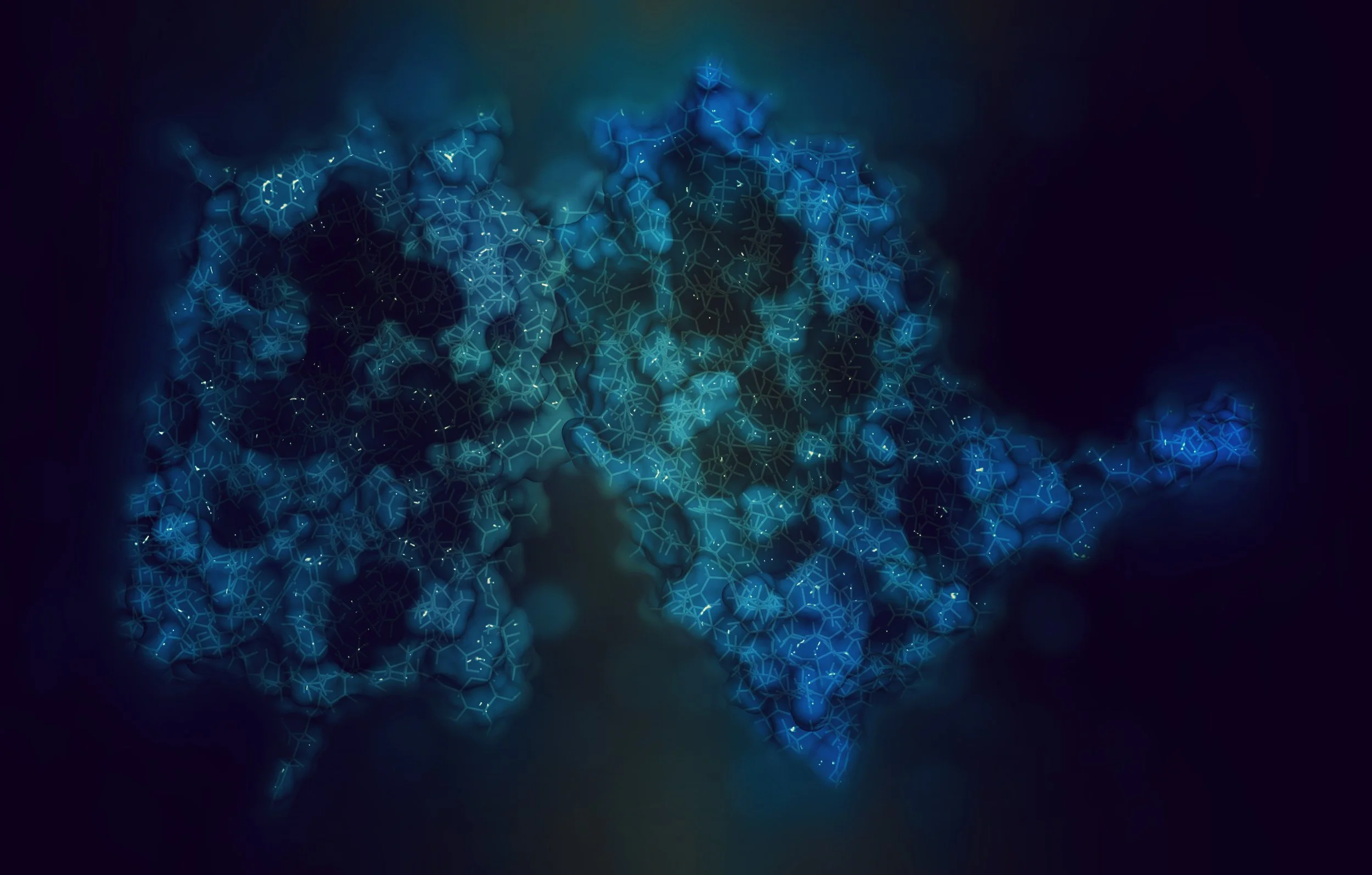Pentadecapeptide Arginate (PDA) Therapy
Pentadecapeptide Arginate (PDA) is an emerging peptide therapy recognised for its healing, pain-relieving, and tissue-regenerating properties. Derived from naturally occurring compounds in gastric juices, PDA is being explored as a next-generation alternative to better-known peptides like BPC-157. At The Catalyst Clinic, we provide personalised consultation and expert medical supervision for patients interested in advanced peptide therapies including PDA.
What is Pentadecapeptide Arginate (PDA)?
PDA is a synthetic peptide designed to support the body’s natural healing processes.
Related to gastric-derived peptides known for repair and regeneration.
Offers a broad spectrum of therapeutic effects, from musculoskeletal recovery to gut and neurological health.
Considered a potential successor to BPC-157, with some studies suggesting wider benefits.
Benefits of PDA Peptide Therapy
Research and clinical interest suggest that PDA may:
- • Accelerate healing of muscles, tendons, ligaments, and connective tissue
- • Reduce pain and inflammation associated with injury or chronic conditions
- • Enhance collagen synthesis to support tissue repair and skin rejuvenation
- • Protect organs including the gastrointestinal tract
- • Influence the brain-gut axis, with potential mood and cognitive benefits
How PDA Works
While the full mechanism of PDA is still being studied, current findings suggest it:
- • Stimulates tissue repair pathways and collagen formation
- • Reduces inflammation to speed up recovery
- • Provides protective effects on internal organs
- • May influence communication between the gut and brain, supporting mental wellbeing
Potential Therapeutic Applications
PDA therapy is being explored for:
- • Sports and musculoskeletal injuries – recovery from tendon, ligament, and joint damage
- • Digestive support – protection and healing of the gastrointestinal tract
- • Neurological wellbeing – possible benefits for mood and cognitive health
- • Chronic pain conditions – reducing inflammation and discomfort
- • General regenerative medicine – part of peptide stacks for recovery and anti-ageing
Note: PDA remains an investigational compound. More clinical research is required before definitive medical claims can be made.
Safety and Side Effects
PDA appears promising, but as with many peptides, long-term human data is limited. Reported considerations include:
- • Mild injection site reactions
- • Possible digestive effects
- • Unclear long-term risks
At The Catalyst Clinic, peptide therapy is only provided after thorough consultation and under medical supervision.
Treatment Process at The Catalyst Clinic
Consultation
Review of your medical history and health goals.
Tailored Plan
If appropriate, a personalised peptide therapy plan may include PDA.
Ongoing Support
Monitoring progress and making adjustments for safe, effective outcomes.
Our clinics in London, New York, and Zurich provide international access to expert peptide therapy.
FAQs
-
It's often available in supplement form, usually in SubQ injection.
-
Generally well-tolerated, but potential side effects may include digestive issues, headaches, or skin reactions in some individuals.
-
While preliminary research suggests potential benefits, more extensive studies are needed to fully understand its efficacy and safety.
-
Individuals with specific health conditions, pregnant or breastfeeding women, and those taking certain medications should consult with a healthcare provider before using pentadeca arginine.

Book a Consultation
Explore whether PDA peptide therapy is right for you.
Contact The Catalyst Clinic in London, New York, or Amsterdam today to book your consultation.


